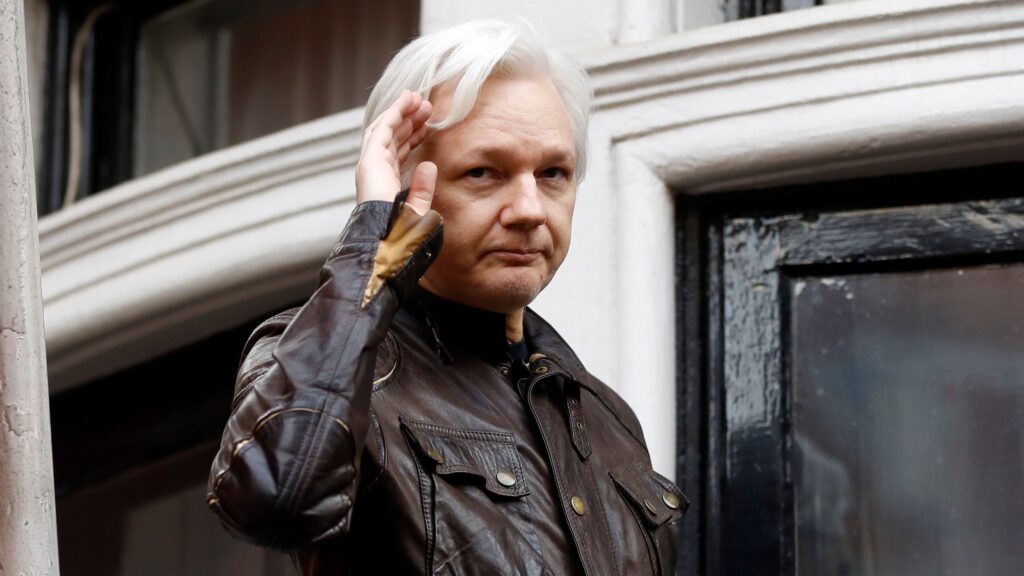In a landmark decision, WikiLeaks founder Julian Assange has agreed to a plea deal with the Biden administration, potentially bringing an end to the prolonged legal battle that has spanned over a decade. The agreement, which allows Assange to avoid imprisonment in the United States, marks a significant turn in a case that has drawn international attention and sparked debates over press freedom, government transparency, and whistleblower protections.
Background
Julian Assange, an Australian journalist and activist, founded WikiLeaks in 2006. The organization gained global prominence in 2010 after releasing a trove of classified U.S. military and diplomatic documents, provided by then-Army intelligence analyst Chelsea Manning. The leaks exposed various aspects of U.S. foreign policy and military operations, including potential war crimes, leading to both widespread praise and condemnation.
Assange’s legal troubles began shortly thereafter. In 2012, facing extradition to Sweden over allegations of sexual misconduct, which he denies, Assange sought asylum in the Ecuadorian Embassy in London. He remained there for nearly seven years until his asylum was revoked in April 2019, resulting in his arrest by British authorities.
The U.S. government subsequently requested Assange’s extradition on charges related to the publication of classified materials. The charges included violations of the Espionage Act, which many journalists and human rights organizations argued posed a severe threat to press freedom.
The Plea Deal
According to sources familiar with the negotiations, the plea deal involves Assange pleading guilty to a lesser charge, which would spare him from serving time in a U.S. prison. The specific terms of the plea agreement have not been publicly disclosed, but it is understood that Assange will be allowed to return to his home country of Australia.
In exchange for his cooperation, the U.S. government has agreed to drop the more severe charges that could have led to a lengthy prison sentence. This outcome is seen as a compromise that addresses the concerns of both the U.S. government, which sought to hold Assange accountable for his role in the massive data leak, and Assange’s supporters, who have long argued that his prosecution was politically motivated.
Reactions
The plea deal has elicited a wide range of reactions from various stakeholders. Human rights organizations and press freedom advocates have cautiously welcomed the agreement, seeing it as a relief for Assange and a victory for the principle of free speech. “This is a significant development that acknowledges the crucial role of journalists and whistleblowers in holding governments accountable,” said a spokesperson for Reporters Without Borders.
However, some critics argue that the deal does not go far enough in addressing the broader issues at stake. “While it’s good news that Assange won’t be imprisoned, the fact that he faced such charges in the first place sets a dangerous precedent for press freedom worldwide,” said Trevor Timm, executive director of the Freedom of the Press Foundation.
Moving Forward
With the plea deal, Assange’s legal saga may finally be drawing to a close. The agreement is expected to be finalized in the coming weeks, with Assange likely to be released from the high-security Belmarsh Prison in London, where he has been held since his arrest in 2019.
The resolution of Assange’s case could have lasting implications for the future of investigative journalism and the treatment of whistleblowers. As the dust settles, the global community will be watching closely to see how this development influences the delicate balance between national security and the public’s right to know.
In the meantime, Julian Assange’s journey from controversial figure to symbol of press freedom continues to captivate and challenge the world’s conscience.

